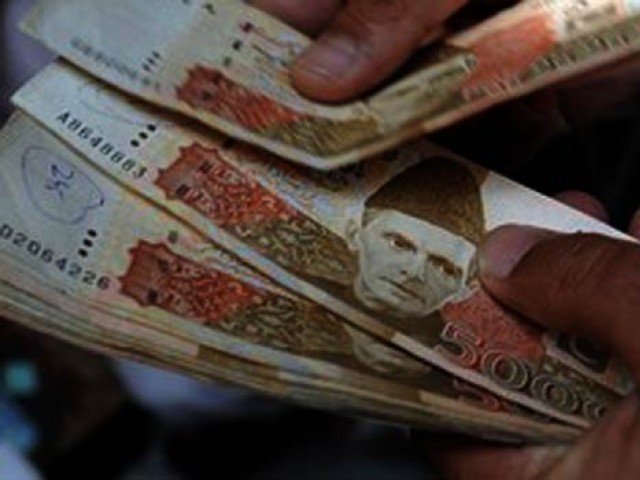ISLAMABAD
After the government’s failure to address the issue of double taxation being faced by taxpayers since the introduction of the eighteenth constitutional amendment, Federal Board of Revenue (FBR) has suggested resolving the issue at the forum of Council of Common Interests (CCI). The move is also directed at building consensus between center and provinces.
An official of FBR, while talking to Pakistan Today, claimed that some provinces have been resisting proposals for avoiding the double or overlapping taxes harming economic activities.
“This issue should be resolved in CCI where all provincial heads meet to discuss interprovincial issues. The double taxation under existing system is not only annoying the taxpayers, also the traders and exporters but it is also discouraging people to appear in the tax net,” he said.
After the constitutional amendment, the government has not yet drafted a framework clearly outlining the federal and provincial tax authorities’ jurisdictions in taxing services sector.
The absence of framework is resulting in overlapping, double taxation, and confusion among tax machinery and tax payers too.
According to sources, after the passage of amendment, Sindh, Punjab and Khyber Pakhtunkhwa established their own tax authorities for collection of sales tax on services, but the absence of the government’s visible framework for outlining provincial jurisdictions for taxing a service sector has been causing issues including overlapping between federal and provincial tax authorities, and also creating double taxation problems.
Some exporters during a recent meeting of the national standing committee on finance claimed that Punjab revenue authority and the Khyber Pakhtunkhwa revenue authority were issuing notices to the service providers registered with the Sindh revenue board on the premise that some of their recipients are located in the respective provinces.
The services which are generally exposed to taxation at multiple jurisdictions are a franchise, transport, commission and services provided by customs/clearing agents, container terminals, port operators, asset management companies, etc.
Provincial sales tax authorities differ on what should be the basis of taxation, origin or destination.
“Though the number of trade bodies and association including the Federation of Pakistan Chambers of Commerce and Industries (FPCCI) had suggested the government to address the issue before the last budget, all efforts went in vain. Interestingly, ministry of finance and FBR admit that the issue is hampering tax collection but they are clueless when asked about delaying resolution of the issue,” the exporters said, adding that the government should simplify tax system and introduce single-digit sales tax rate in order to attract more taxpayers into the tax net.
According to experts, in the present system of taxation, exporters face the burden of filing tax returns, making payments and facing audits of multiple provincial sales tax authorities, boards of revenue and provincial excise departments apart from the FBR.
These costs can only be reduced if tax rates and income sources, on which rates are applicable, may be decided by the provinces themselves, however, only a single tax return should be filed once all revenue authorities are integrated and collection of tax should be the sole task of a single collection company.




